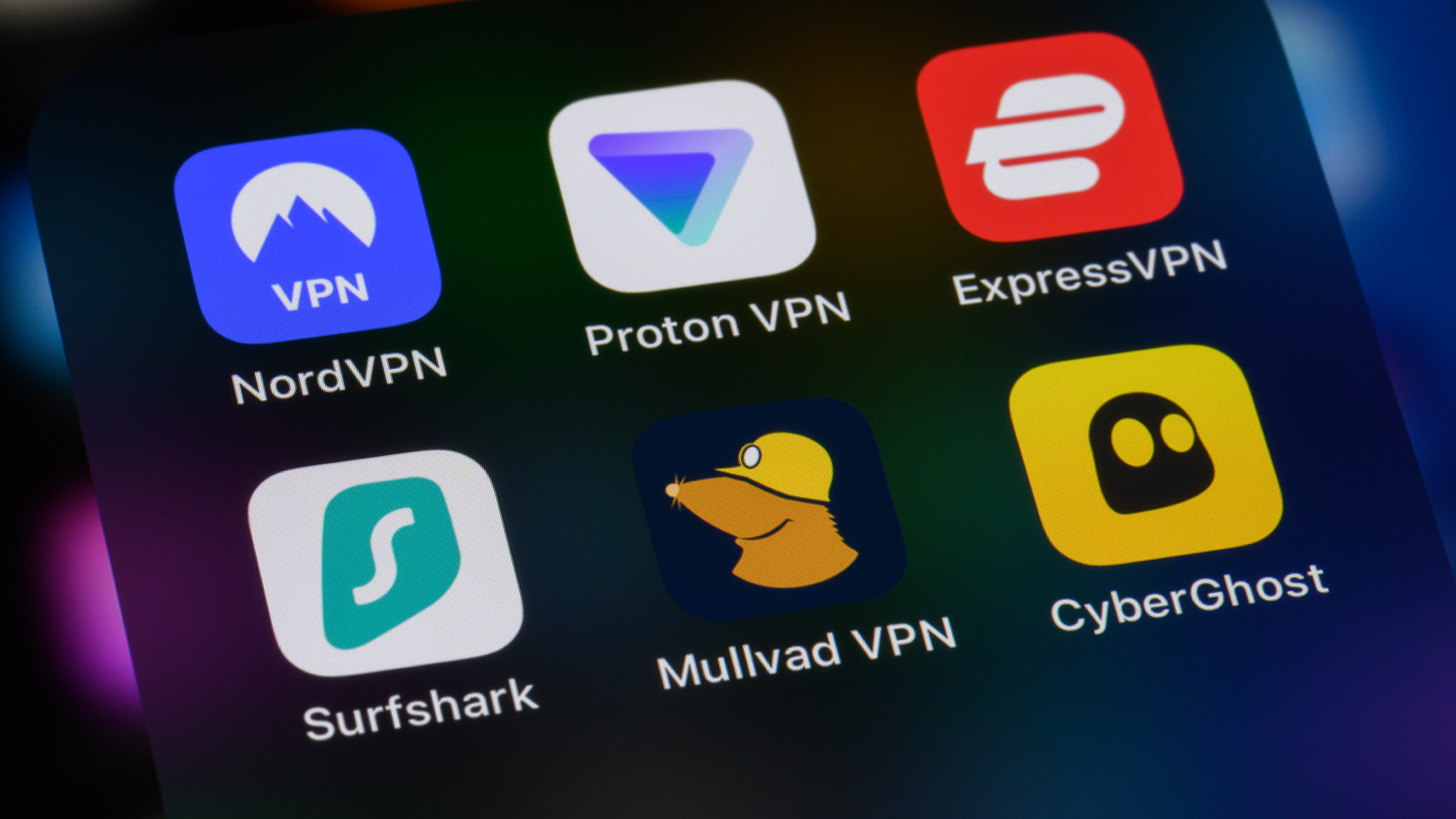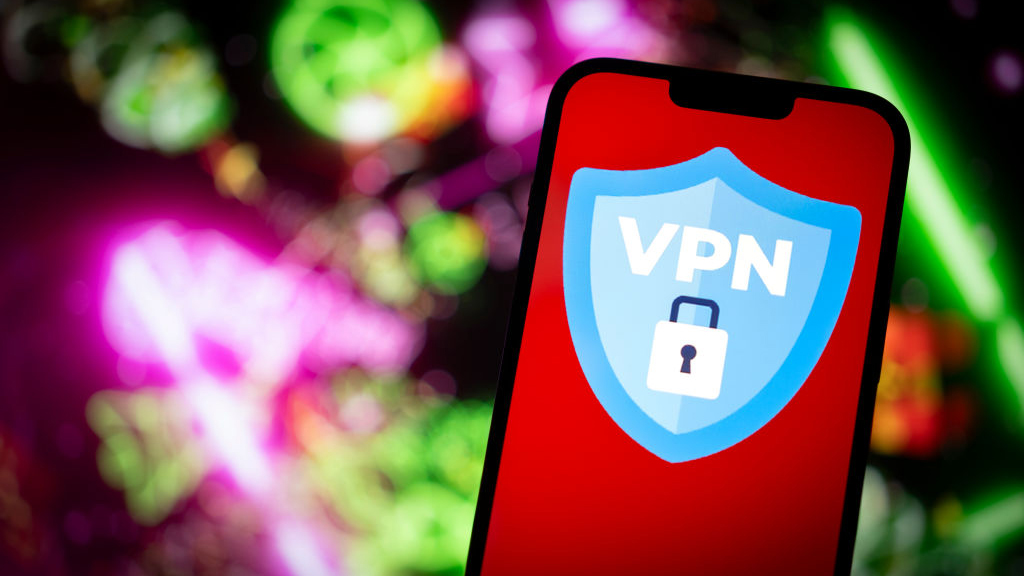"VPNs are not kryptonite of age assurance" – Age verification experts explain why governments don’t need to ban VPNs
Brits have reportedly turned en masse to VPNs since age verification requirements were enforced

Sign up for breaking news, reviews, opinion, top tech deals, and more.
You are now subscribed
Your newsletter sign-up was successful
Using a VPN service should not be an obstacle to effectively enforcing mandatory age verification checks, like those recently implemented in the UK.
This is the response coming from the Age Verification Providers Association (AVPA) to the surge in VPN demand across the UK since the new rules came into play. The surge has also raised the question of whether VPN tools would make the Online Safety Act implementation ineffective.
According to the AVPA, to remain compliant, digital services need to actively detect VPN usage and give users the option to either prove their age or their real location.
"No need to even consider banning VPNs"
"Some argue that because VPNs exist, any age assurance system will fail. This leads to the mistaken belief that age-restricted sites are exempt from compliance if users connect through a VPN. As we have argued before, this is not true," wrote the AVPA in a blog post.
The AVPA suggests that, once VPN traffic is detected, tech providers should look at behavioral clues to assess whether the user is a UK-based minor or an adult using the VPN for privacy. If they have reason to believe this may be a minor based in the UK, they should offer a choice to either verify their age or consent to one-time geolocation.
That said, the most reliable services for unblocking streaming platforms or censored content all implement obfuscation technologies to mask the fact that people are using these services.
All in all, however, "there are ways to detect and address circumvention, and there is no need to even consider banning VPNs outright," said AVPA experts.
Digital services using age assurance to remain compliant, can do so by detecting VPN use, assessing risk using behavioural clues, and giving flagged users the option to verify their age or prove their location.@peterkyle @FeryalClark @Ofcom https://t.co/ximdlDcj8R pic.twitter.com/lpBIMiVKVuAugust 10, 2025
The AVPA recommendations came after a debate kicked off in the UK over whether authorities could ban VPNs to ensure full compliance with the Online Safety Act.
UK Secretary of State for Science, Innovation and Technology, Peter Kyle, however, has insisted there are no such plans, despite the government looking "very closely" at how VPNs are being used.
This adds to what the Electronic Frontier Foundation (EFF) explained when discussing the privacy risks of US age verification laws.
As the EFF experts pointed out, your IP address isn't the only method online services use to track down your location. Providers may also use GPS tracking, web cookies, mobile ad IDs, tracking pixels, or device fingerprinting, making the use of VPNs way less effective.
What's behind UK VPN surge?

A virtual private network (VPN) encrypts internet connections while spoofing the user's real IP address.
While both of these skills can help you boost your online privacy and security by minimizing the data traces you leave around the internet, IP-spoofing can also make you look as if you're browsing from a completely different country.
Proton VPN recorded an hourly increase of over 1,400% starting from midnight on the day mandatory age verification was enforced. AdGuard VPN also confirmed to TechRadar that sign-ups grew by 2.5 times in just a few days. Data from Top10VPN shows an ongoing surge in VPN demand of almost 2,000% since July 25, too.
Whether minors looking to evade age checks are behind these numbers or it's adults concerned for their privacy is impossible to know.
What's certain, however, is that the new rules have attracted a strong backlash so far amongst technologists, politicians, and everyday users alike, worried about the negative impact that age checks may have on their privacy, security, free speech, and access to information.
The UK regulator, Ofcom, is, nonetheless, strongly suggesting against VPN use to bypass age checks, arguing it will be illegal for platforms to encourage this – the BBC reported.
If you're concerned about sharing your most sensitive data to access content on the web, I recommend downloading only reliable services to protect yourself. At the time of writing, NordVPN is TechRadar's top pick. While if you don't want to pay for a subscription, Proton VPN and Privado VPN are today's best free VPN apps you can get.
You might also like

Chiara is a multimedia journalist committed to covering stories to help promote the rights and denounce the abuses of the digital side of life – wherever cybersecurity, markets, and politics tangle up. She believes an open, uncensored, and private internet is a basic human need and wants to use her knowledge of VPNs to help readers take back control. She writes news, interviews, and analysis on data privacy, online censorship, digital rights, tech policies, and security software, with a special focus on VPNs, for TechRadar and TechRadar Pro. Got a story, tip-off, or something tech-interesting to say? Reach out to chiara.castro@futurenet.com
You must confirm your public display name before commenting
Please logout and then login again, you will then be prompted to enter your display name.